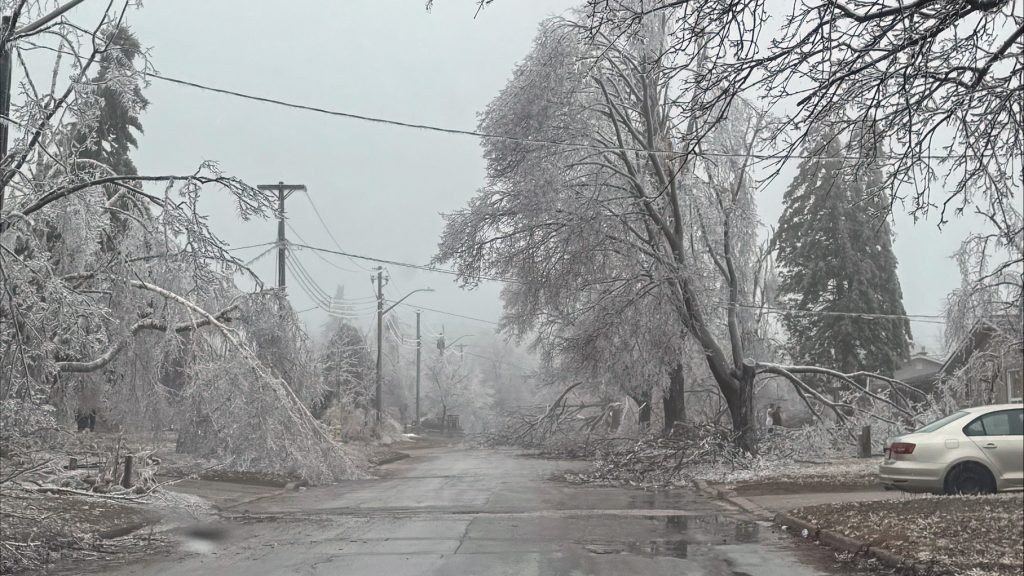Bird flu case confirmed in Ottawa-area Canada goose
Posted Apr 8, 2022 01:58:00 AM.
A case of bird flu has now officially been reported in the Ottawa area.
In a bulletin issued on Thursday, April 7, the Leeds, Grenville and Lanark District Health Unit confirmed a Canada goose in Ottawa tested positive for Avian Influenza.
“This virus does not easily cross from birds to humans, and the current strain of the virus has been listed as lower than normal concern for spread to people,” the health unit explains. “The exact mode of transmission from birds to people is not known. Most human cases of avian influenza have been traced to direct contact with live or dead infected poultry or their droppings.”
High-risk activities include caring for diseased birds, dressing birds that died from the disease, consuming duck’s blood or possibly undercooked poultry and handling birds involved in cockfighting.
“The handling of dead birds is considered a lower risk activity and has not been implicated in transmission of the virus to date,” the health unit explains. “There is no evidence to suggest that properly cooked game birds are a source of avian influenza infection for people.”
If someone has handled a sick wildlife bird or poultry, they should watch for symptoms of the bird flue that range from mild to severe, and include:
- Fever, cough, sore throat, runny or stuffy nose;
- Muscle and/or body aches, headaches, tiredness;
- Conjunctivitis (red eyes);
- Shortness of breath or difficulty breathing;
- Diarrhea, nausea, vomitting or seizures.
As reported on Thursday, March 31, Safe Wings Ottawa, a local bird rescue, announced that it will not be able to properly treat infected birds until further notice.
For now, that responsibly will fall onto the Canadian Wildlife Health Cooperative (CWCH).
A rise in cases is expected in the area as spring migration continues.
Over the last couple of week, the Canadian Food Inspection Agency detected the avian flu on three farms in southern Ontario.
The highly pathogenic avian influenza, classified as H5N1, has been spreading in wild bird populations across the world, according to the CFIA, and has been a significant concern as birds migrate back to Canada.








